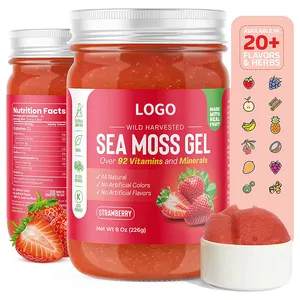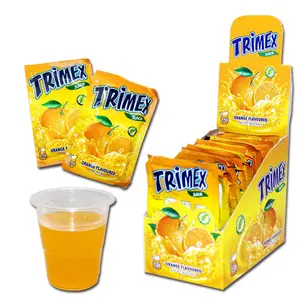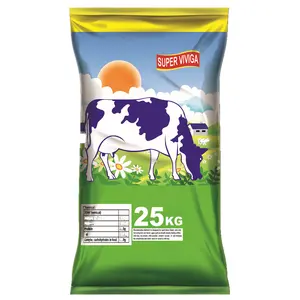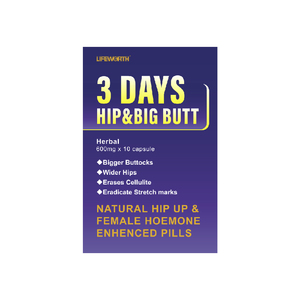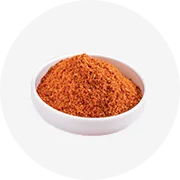Popular in your industry







































































Related Searches:













































































 Ready to Ship
Ready to Ship





























Top categories
About msds of herbal tea
The expression msds of herbal tea refers to the Material Safety Data Sheet for herbal tea, a document that delineates exhaustive details about the characteristics of a specific substance. With regard to herbal tea, such a sheet would encompass information on the constituents, possible risks, guidelines for handling and storage, and emergency protocols pertinent to the tea. Herbal teas are concoctions of diverse plant elements, typically comprising leaves, blossoms, roots, and spices, each imparting a distinct taste and therapeutic advantages to the brew.
Types and Characteristics of Herbal Tea
Herbal teas are available in a vast array of types, each possessing unique attributes. Some are crafted to assist with digestion, featuring ingredients like ginger or peppermint, while others, such as chamomile or lavender infusions, are intended to induce relaxation. Detoxifying varieties often include components such as milk thistle and dandelion root. On Alibaba.com, commercial purchasers can discover specialized concoctions, including those aimed at weight loss, which may blend green tea with herbs that boost metabolic activity. Each variety is designed to meet particular health requirements, providing consumers with a customized experience.
Structure of Herbal Tea Blends
The structure of herbal tea blends represents an intricate interplay of taste and therapeutic efficacy. An expertly crafted blend will take into account the intermingling of flavors and health-giving properties. For instance, a tea intended to aid digestion might marry the sweetness of licorice root with the zest of ginger, achieving a delightful flavor while enhancing the health benefits. The structure also involves the precise ratio of each component, ensuring a balanced and efficacious blend without any single element dominating.
Materials Used in Herbal Tea
The materials selected for use in herbal teas are chosen with an eye for their unadulterated quality and effectiveness. Organic plant parts, such as leaves, flowers, and roots, are favored for their rich concentrations of health-promoting compounds. Rose petals, for example, are valued not only for their aromatic qualities but also for their abundant vitamin C content. These materials are procured with a commitment to sustainability and ethical harvesting practices, resonating with the principles of health-aware consumers and enterprises on Alibaba.com.
Business Usages and Applications
Herbal teas span a wide range of business usages and applications. Within the wellness sector, they are integral to detoxification regimens. Upscale eateries and hotels in the hospitality industry present premium herbal tea selections as part of their drink offerings. Furthermore, in the corporate realm, firms are increasingly adopting herbal tea alternatives to coffee in their office pantries. These applications not only generate commercial value but also promote the health of patrons and staff.
Functions of Herbal Tea
The principal function of herbal tea lies in its ability to confer health benefits in a pleasurable format. Specific concoctions are developed to bolster immune defense, enhance sleep quality, or mitigate stress. The functionality of each tea directly stems from the selected ingredients and their established impacts on human health, offering a plant-based solution for a variety of conditions.
Features of Herbal Tea
A distinctive feature of herbal tea is its absence of caffeine, rendering it an ideal choice for those who are caffeine-sensitive or seeking a calming drink at any hour. Moreover, the presence of antioxidants and vitamins in numerous herbal teas is a key selling point, as these components contribute to overall well-being and can aid in disease prevention. These characteristics distinguish herbal teas from conventional caffeinated drinks in the marketplace.
Benefits of Herbal Tea
The benefits of herbal tea are manifold. They offer a natural and soothing approach to addressing health issues, ranging from digestive support to relaxation promotion. The antioxidants found in many herbal teas also play a role in sustaining good health by counteracting oxidative stress. For businesses, providing an assortment of herbal teas can cater to the increasing consumer demand for health-centric products, thereby attracting a diverse clientele.
How to Use Herbal Tea
The effective use of herbal tea entails infusing the tea at the correct temperature for an optimal duration. This practice ensures that the full spectrum of flavors and medicinal qualities are properly extracted. For example, delicate herbs may necessitate a lower temperature and a shorter infusion period compared to sturdier roots.
How to Choose the Right Herbal Tea
Choosing the appropriate herbal tea hinges on the specific health advantage sought. Teas with ginger or peppermint are preferred for digestive wellness, whereas those with valerian or chamomile are favored for sleep enhancement. Commercial buyers on Alibaba.com should align their selections with the health needs of their intended market.
How to Clean and Maintain Herbal Tea Products
Cleaning and maintaining herbal tea products is a simple process. Containers should be kept pristine and hermetically sealed to maintain the tea's freshness. Proper care includes shielding the tea from direct sunlight and moisture to avert the deterioration of the herbs.
How to Install Herbal Tea in Your Product Line
Incorporating herbal tea into a product line requires an understanding of the target demographic and the selection of blends that resonate with consumer preferences. It is equally crucial to inform customers about the tea's advantages and correct usage to enhance their experience.
What are the health benefits associated with herbal tea?
Herbal tea is celebrated for its myriad health benefits, which span from digestive aid to weight management support, and the provision of antioxidants. Each component in a herbal tea blend is chosen for its health-promoting properties, such as rose petals known to enhance skin health and dried lemon fruit for its digestive aid.
How does the packaging affect the quality of herbal tea?
The quality of herbal tea is profoundly influenced by its packaging. Vacuum sealing is crucial to thwart oxidation and contamination, which can impair the tea's quality. This packaging technique ensures that the tea's aroma, hue, and medicinal attributes are preserved from the moment of packaging until it is steeped.
What should buyers consider when choosing a herbal tea supplier on Alibaba.com?
When selecting a herbal tea supplier on Alibaba.com, buyers should evaluate the supplier's dedication to quality and safety, the diversity of blends available, and the packaging methods employed. It is vital to opt for a supplier who offers a comprehensive msds of herbal tea, guaranteeing product transparency and the reliability of its composition and benefits.
